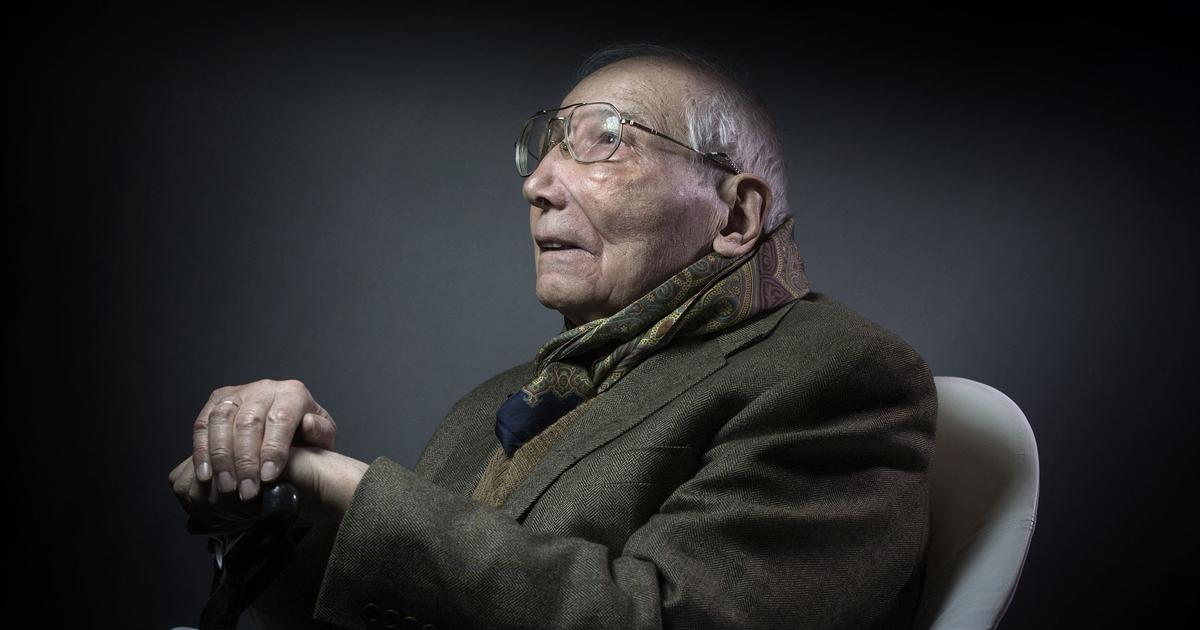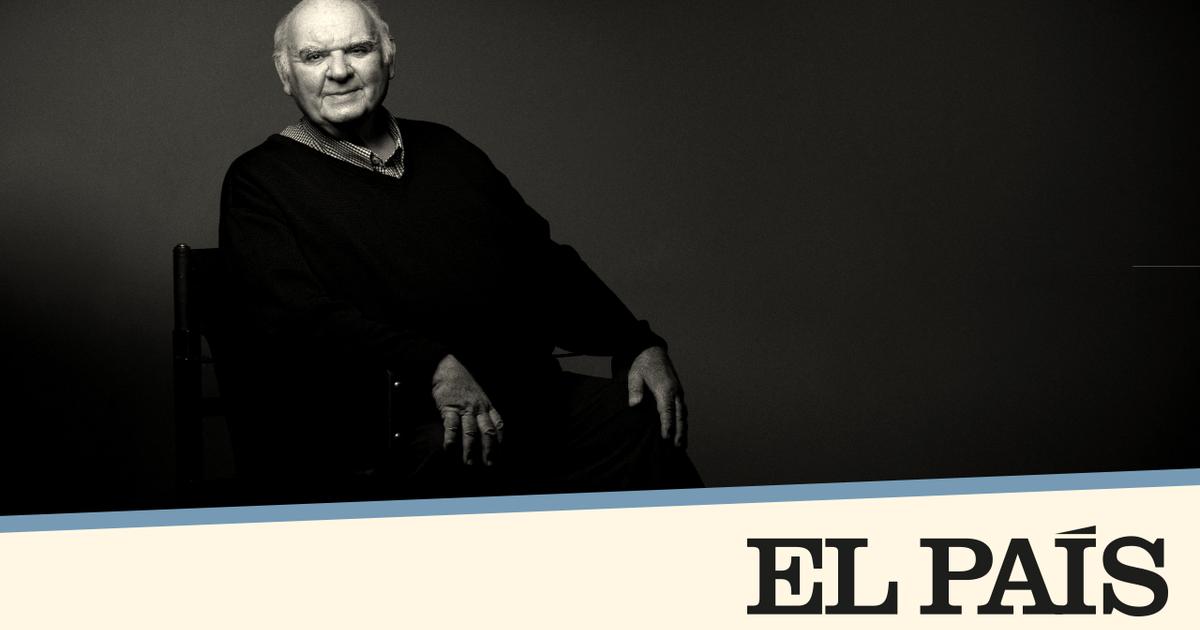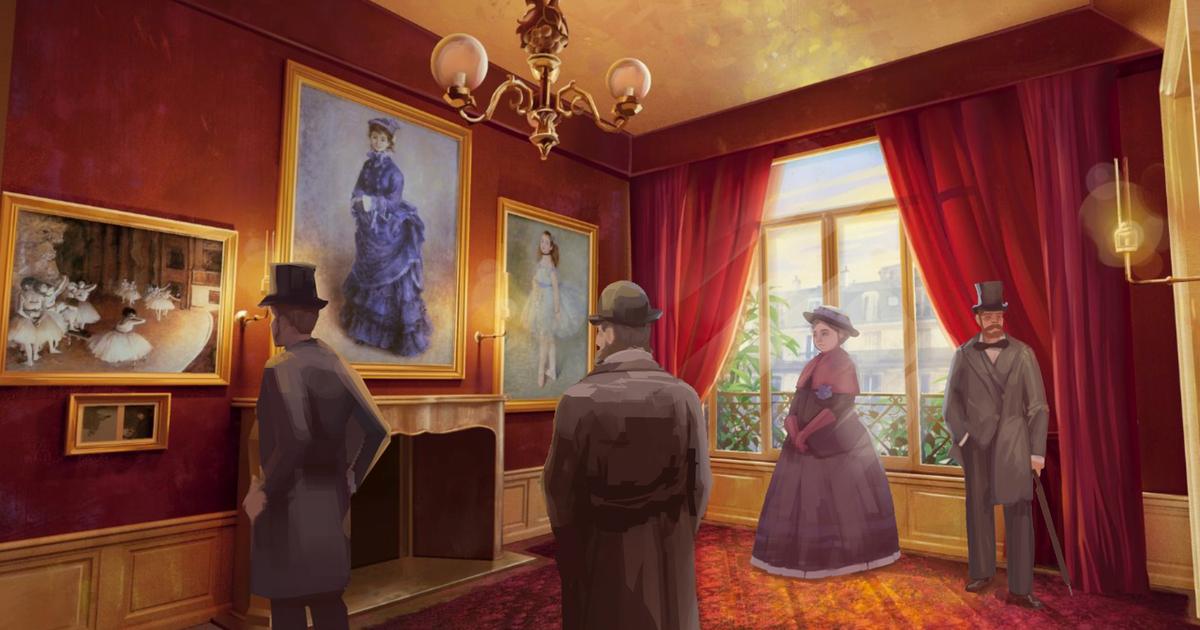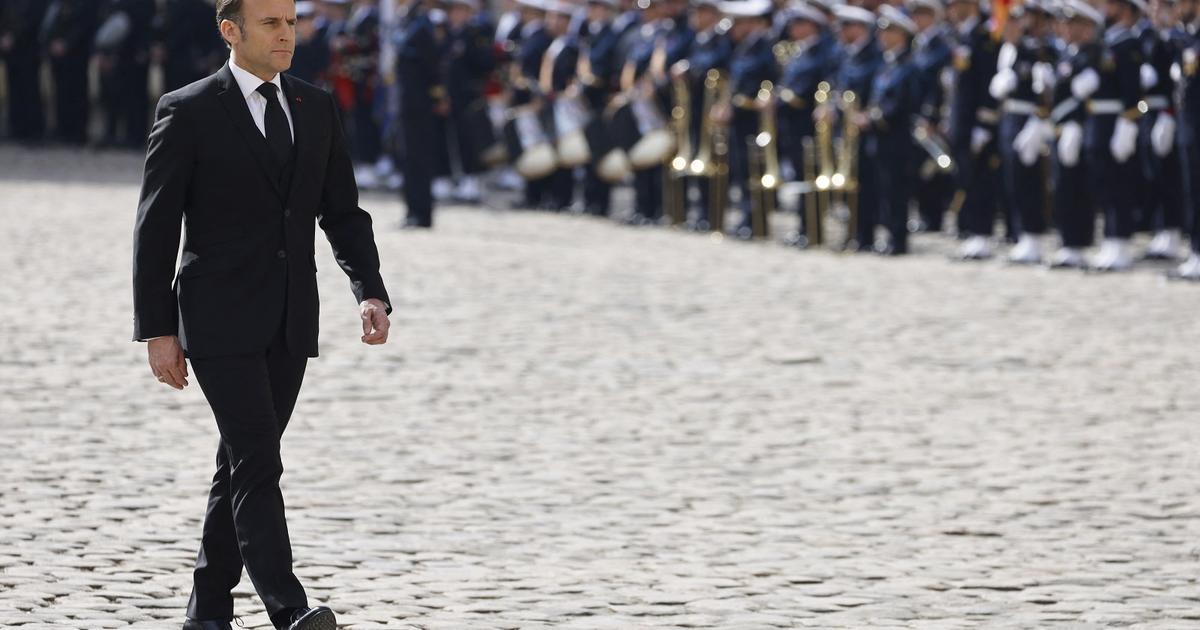He was the friend of Michel Foucault and the colleague of Raymond Aron at the College de France.
He was also the friend of Michel Piccoli and René Char.
In short, Paul Veyne, who has just left us on September 29 at the age of 92, was not a historian like the others.
SEE ALSO -
Historian Paul Veyne is dead
” READ ALSO – An unusual curiosity, by Paul Veyne: a spirit of freedom
This great chronicler of Antiquity, the greatest of his generation, as erudite as he was original, to whom we owe, among so many titles, The Greco-Roman Empire, Did the Greeks believe in their myths?
(answer: no) or Le Pain et le Cirque, was an original spirit.
His pen was erudite and funny, sometimes even impertinent.
Unclassifiable, Paul Veyne the historian could alternately refer to sociology, psychology, philosophy or science.
He left a scholar How we write history.
Essay on epistemology (1970) which, through its irony on Marxism, earned him the favors of Aron and his appointment to the College de France, a “royal siding”.
Veyne was never fooled by the limits of Aronian choice.
“Aron was looking for a normalien!
For Aron, this last point was crucial.
Like Pierre Bourdieu, his designated dolphin,
A frenzied independence
Considering him ungrateful, Aron will detach himself from Veyne who forgot to thank him in his inaugural speech.
Out of clumsiness, he confides, a bit flirtatious, more than out of malice.
“I lacked the most basic sense of social relationships.”
In reality, his frenzied independence prevents him from considering being "Aronian" or even "Sartrian".
“I didn't take Sartre seriously;
as for Aron, his social selfishness chilled me,” he admitted.
This estrangement is in the image of Paul Veyne who lived a life without ideological ties, all the more original that it had started with a heavy handicap.
Suffering from a degenerative disease that deformed his face, he was all the more eager to bite into life to the fullest.
He evoked his personal journey in several works which summarize his whimsical personality.
This existence was crossed by turmoil and faults.
” READ ALSO – “Painting is the best awakening to our culture”
Withdrawn at the foot of Mont Ventoux, with Petrarch as a neighbour, Paul Veyne ended up reflecting on his scholarly destiny, as well as that of our civilizations, writing in 2015 a controversial but touching little book on Palmyra, vandalized by the Islamic State. .
It translates a beautiful lesson of ancient wisdom.
The man is closer to the Stoics than to the Christians.
He had, like them, an essentially civic morality.
Without affection or false modesty, he often faced the torments of his existence which was marked by several dark episodes.
Veyne had a rather tormented family life (married three times “like Cicero, Caesar and Ovid”, he wrote), a missing son…
“The interesting cannot be explained by anything, it is not useful, neither selfish, nor altruistic (…): the interesting is disinterested.
»
He consoled himself with his love of Italy, of course, but also in the mountains, while keeping deep inside him this secret world of a childhood in Provence which gave him the depth to face the 'existence.
His family, he never hid it, was hardly resistant.
A brilliant and curious student's curriculum led him fairly quickly, after Ulm and his thesis, to the University and then to the Collège de France.
This place allows him to escape the gradual "corporatization" of the University (a process that began even before the Pécresse law was brought into line).
When we met him, towards the end of his life, Paul Veyne seemed to us to be a very amiable personality, apparently discreet, “I am modest”, but very firm in substance.
Maybe even more.
He "never imagined that one could be a disciple", even if he flirted with the Communist Party, quickly breaking with it, while admiring General de Gaulle (he was, says Veyne, the "greatest left-wing reformer of his century”).
A life sparkling with intelligence
Against all these people who triumph today, by proclaiming that money, sex or power alone move our fellow men, Veyne liked to recall that a small minority of minds, if not superior, at least different , can be moved by another ideal: to satisfy what interests them.
"What's the interesting?"
wondered Veyne.
“The interesting cannot be explained by anything, it is not useful, neither selfish, nor altruistic (…): the interesting is disinterested.”
It was when he discovered, one day, when he was 8 years old, a Roman amphora on a hill in his native Vaucluse that Paul Veyne caught fire for what would “interest him” all his life.
“Let us beware of our childhood dreams, said François Mauriac, they structure our whole life.”
In the case of Veyne, these dreams were good.
They engendered a life sparkling with intelligence, a life à la Montaigne.
This did not make him one of those defenders of Latin or Greek at school.
This fight was not his.
"I don't give a damn."
He felt that speaking French well was much more important.
It was enough, according to him, for each generation "five hundred capable types" to be able to ensure the transmission of the Ancients.
He was free enough to rid himself of the prejudices of his time.
One day, the magazine L'Express asked him which ancient philosopher he liked the most: "Aristotle," replied Veyne.
(…) He is a snob and aristo (…).
But I like his philosophy: good gymnastics whose goal is to get us used to abstraction.









